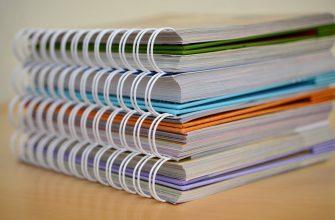The thesis is the final stage of studying at a higher educational institution. This is an independent research work in which the student demonstrates the level of his training, acquired knowledge and skills in the chosen field. The diploma confirms the student's qualifications and is an important document when looking for a job or continuing education.
The structure of the thesis
The structure of the thesis may vary slightly in different educational institutions and specialties, but generally includes the following sections:
- Title page
- Annotation
- Table of contents
- Introduction
- Literature review
- The theoretical part
- Research methodology
- Experimental part (if available)
- Analysis of the results obtained
- Conclusion
- List of literature
- Applications (if necessary)
Design requirements
The design of the thesis must comply with the established requirements and norms of academic writing. Some general design requirements include:
- Document format: A4 format is usually used
- Font: most often Times New Roman or Arial is used with a size of 12 points
- Intervals: 1.5 line spacing or double
- Margins: margins at the edges of the page should be approximately 2-2.5 cm
- Numbering: pages should be numbered at the bottom of the page in the center or on the right
- References: use one of the common citation design systems, such as GOST or APA
Tips for defending a thesis
The defense of the thesis is an important stage at which the student presents the results of his research to the commission. A few useful tips to help you successfully pass protection include:
- Thorough preparation: Study your work and materials related to the topic to be ready for commission questions
- Performance Practice: Conduct a defense rehearsal in front of a mirror or in front of friends to improve the confidence and clarity of the performance
- Understanding the work: Have a deep understanding of your thesis, including the theoretical foundations, methods and research results
- Answers to questions: be prepared for the commission's questions and try to give exhaustive and reasoned answers
- Confidence and calmness: keep self-confidence and calm during the defense, control your speech and gestures
Following these tips and being well prepared, you increase your chances of successfully defending your thesis and receiving well-deserved recognition for your work and achievements.






